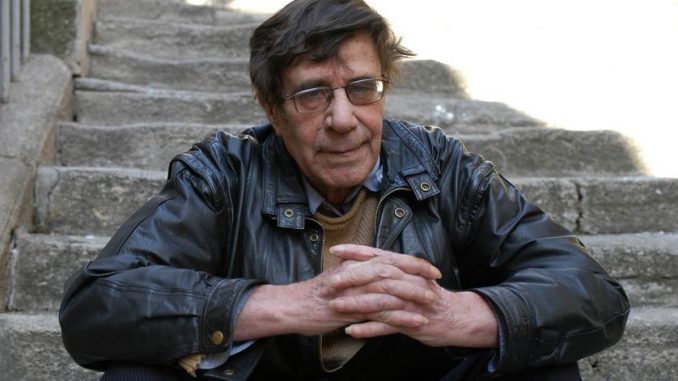
Driss Chraïbi was born on July 15, 1926 in El Jadida, in a family whose origins go back to Fez. He grew up in Rabat and attended the Mohammed Guessous school, after receiving a strict religious education at the Mssid (Koranic school), before moving with his family to Casablanca, where he entered the Lyautey high school.
Driss Chraïbi studied chemistry in France where he settled in 1945. But he discovered a passion for neuropsychiatry, literature and journalism. Within a few years of writing, he became one of the most important French-speaking Moroccan authors, if not the most important one.
Driss Chraïbi raised considerable controversy following the publication of his book Le passé simple ( The simple past) in 1954, at a time when Morocco was not yet independent. He was accused of treason as a result of his sharp criticism of archaic Moroccan customs and traditions, which he saw as barriers to progress. Le passé was, in fact, considered a revolution in the 1950s, due to the fact that Chraïbi addressed a number of false religious practices, just as he highlighted the vulnerability of women, racism, poverty, underdevelopment, colonialism, father’s dictatorship, etc.; all of which, according to him, were a burden that stood in the way of the modernization of Morocco and most Third World countries.
Driss Chraïbi died on April 1, 2007 in Crest, France, but was buried, according to his will, in the martyrs’ cemetery of Casablanca, next to his father, Hajj Al-Fatmi, with whom he was reunited during his last days.
He left behind him a large number of works, each one as important as the other, such as De tous les horizons, les boucs, l’âne, La civilisation ma mère, Succession ouverte, La mère du printemps, l’homme du livre, Lu, vu entendu, La foule, Naissance de l’aube, L’homme qui venait du passé, etc.

Be the first to comment